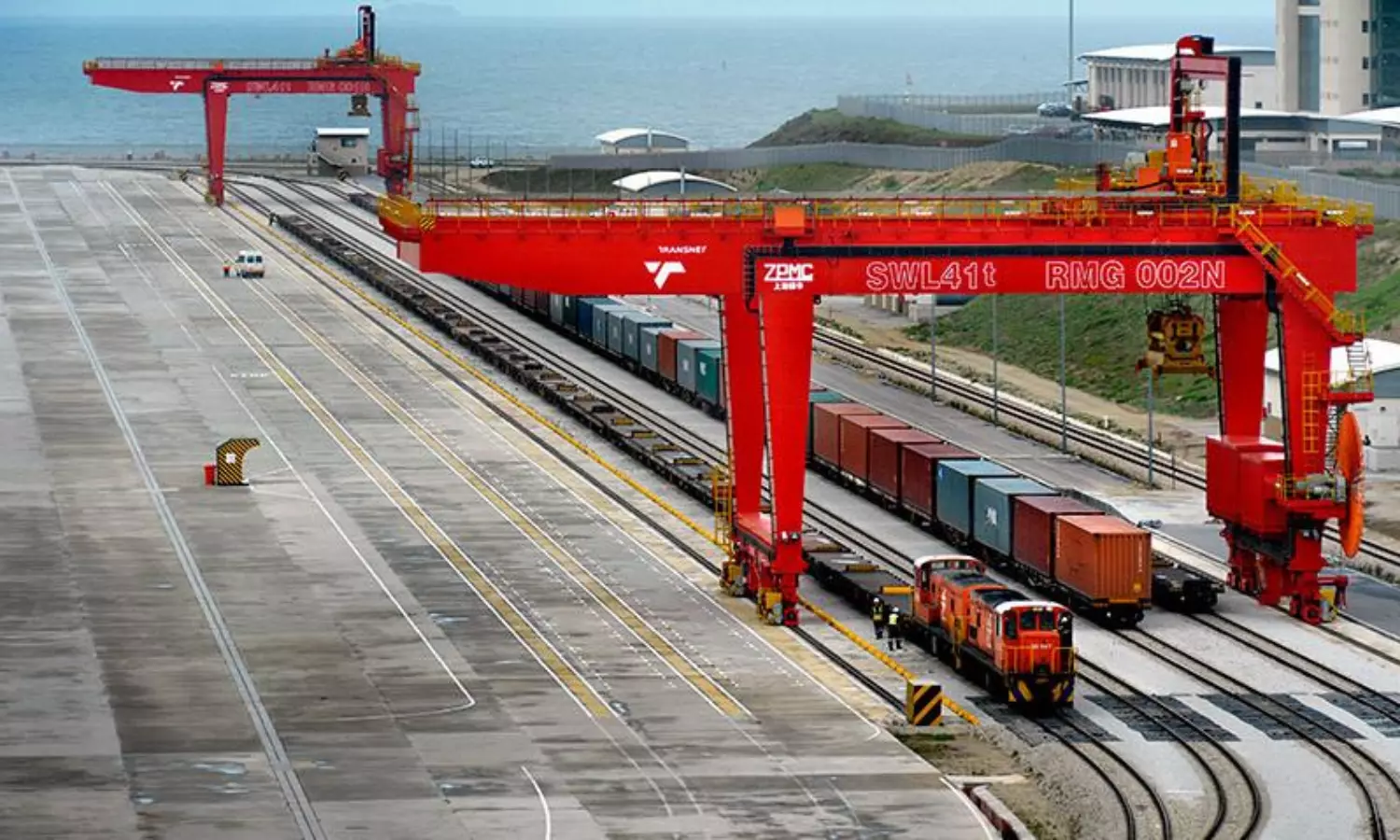Multimodal Inland Port Association's launch to redefine South African logistics
MIPA was launched to boost South Africa's rail logistics and, through private investment, cut costs, congestion, and road damage.

In a significant development for South Africa's logistics sector, the Multimodal Inland Port Association (MIPA) was launched during the Transport Forum on 23 May 2024. The online event, attended by over 250 delegates, featured a panel from industry players to academia.
MIPA addresses a critical need within South Africa's logistics landscape, which has been struggling with increasing costs and severe congestion. The association aims to act as the unified voice for inland ports nationwide, focusing on promoting, supporting, and advocating for the increased cargo movement from road to rail.
"The key objective of this association is to reform the rail infrastructure and bring in more private sector investments," stated Warwick Lord, Chairman of MIPA. He emphasised the importance of addressing road congestion and damage caused by heavy cargo transported by road by shifting these rail-friendly cargoes to rail.
The Multimodal Industrial and Logistics Association (MIPA) is a collaboration of key players in the transportation sector in South Africa. The association aims to enhance industrial and logistics activities by implementing efficient multimodal transportation systems. MIPA aims to reduce logistics costs and improve overall efficiency by leveraging innovative multimodal technology and fostering collaboration with other freight hubs and stakeholders.
The association is comprised of leading entities such as Cato Ridge Inland Port, Tambo Springs Development Company, Portfutures, Autoforce, Mac Group, Cape Town Inland Port, Cape Winelands Airport, Musina Intermodal Terminal, RailRunner South Africa, and RailRunner Services. MIPA's strategy emphasises private sector participation (PSP) and seeks to closely engage with government and state-owned enterprises to achieve best practices in the transportation sector.
Lord added, "We would like to address these issues like road congestion and road damage by converting many of these rail-friendly cargoes from road to rail." He further emphasised MIPA's goal to foster trade activities that meet social objectives and facilitate the crucial transfer of goods from road to rail, ultimately enhancing the country's logistics sector.


